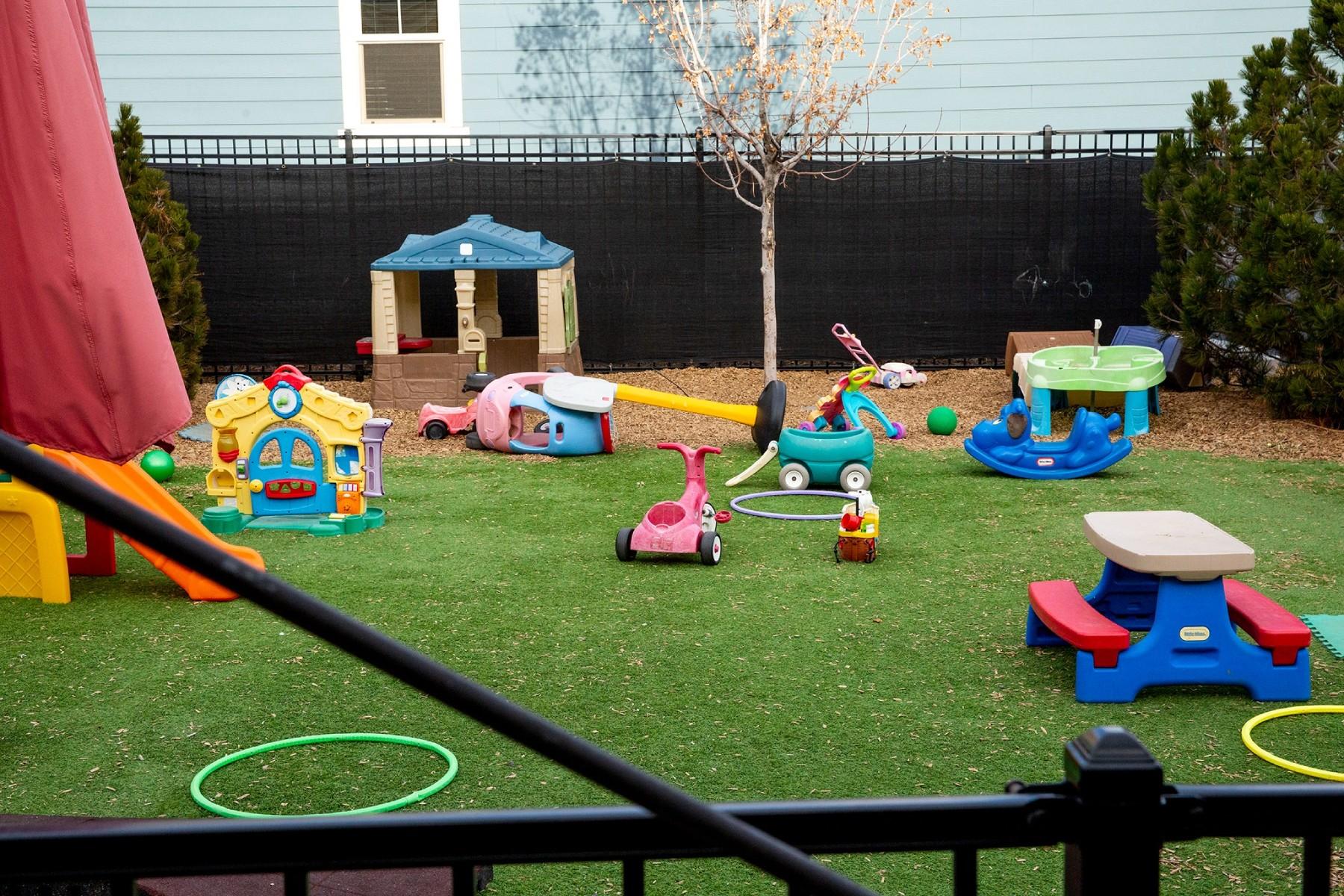
A state house district race in Colorado Springs is heading for a mandatory recount. That’s after only seven votes separated the Republican and Democratic candidates.
The final unofficial results from the El Paso County Clerk and Recorder’s office show Republican Rebecca Keltie ahead of incumbent Democratic State Rep. Stephanie Vigil's 20,640 votes to 20,633.
State law requires a recount for any race with a margin of victory of 0.5% of the highest vote-getter in that contest. That means half a percentage point of the winner’s vote total. In this case, that’s .5% of Keltie’s 20,640 votes — or 103 votes to be exact. Seven votes meet that already very narrow requirement.
El Paso County Clerk and Recorder Steve Schleiker said he expected an order from the Secretary of State’s office early next week. Schleiker said a result that close after more than 40,000 votes are cast “does not happen often at all.”
“You actually see a district that is pretty divided, because we have two candidates that have two different ideas (for) moving forward within our community,” Schleiker said. His emphasis on the word ‘different’ is apt.
Vigil put LGBTQ rights front and center of her term, which began less than two months after the Club Q shooting occurred within her district. She sponsored bills requiring all-gender restrooms in public buildings and requiring schools to use a student’s chosen name. Both became law. Vigil has also fought for stricter gun control measures and for greater protections for new immigrants arriving in Colorado from the U.S. Southern Border.

Keltie, in stark contrast, placed cracking down on illegal immigration as first on her list of priorities. She put an emphasis on the protection of 2nd amendment rights and criticized Vigil’s chosen name bill, saying she would fight for “Parents being the ultimate decision-makers of their children’s education and well-being.”
Schleiker said the recount for the House District 16 race will begin the first week of December, overseen by himself and representatives from both the Republican and Democratic parties. Potentially confusing votes, such as when a voter puts a checkmark through the oval in front of a candidate's name — rather than filling in the oval — but the checkmark itself runs through both ovals, will be individually adjudicated by those judges.
In these cases, Schleiker said sometimes vote counts do change.
“This race could flip, and it’s based upon the bipartisan judges that are going to be looking at this stuff (and deciding) ‘what was the intent of the voter,’” he said.









